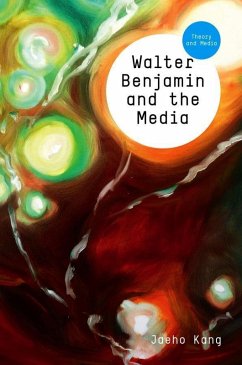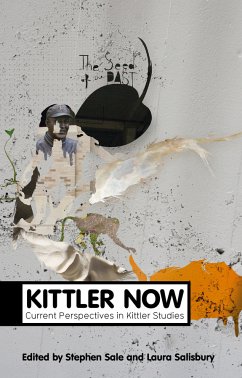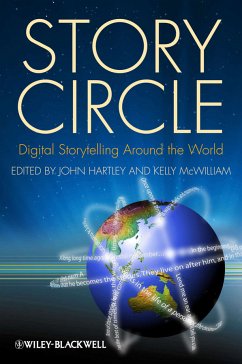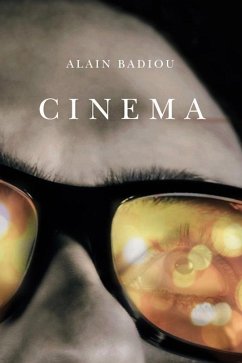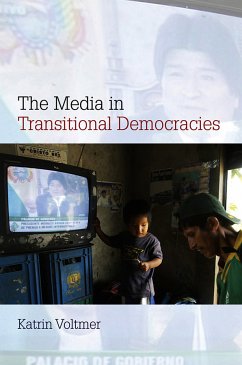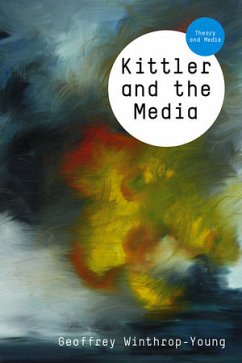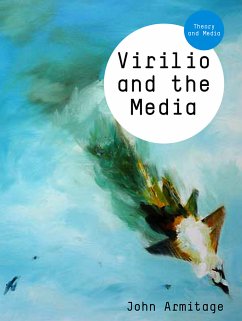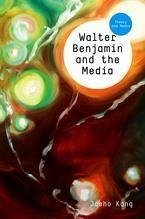
Walter Benjamin and the Media (eBook, PDF)
The Spectacle of Modernity
Versandkostenfrei!
Sofort per Download lieferbar
17,99 €
inkl. MwSt.
Weitere Ausgaben:

PAYBACK Punkte
0 °P sammeln!
Walter Benjamin (1892-1940), one of the most original and perceptive thinkers of the twentieth century, offered a unique insight into the profound impact of the media on modern society. Jaeho Kang's book offers a lucid introduction to Benjamin's theory of the media and its continuing relevance today. The book provides a systematic and close reading of Benjamin's critical and provocative writings on the intersection between media - from print to electronic - and modern experience, with reference to the information industry, the urban spectacle, and the aesthetic politics. Bringing Benjamin's th...
Walter Benjamin (1892-1940), one of the most original and perceptive thinkers of the twentieth century, offered a unique insight into the profound impact of the media on modern society. Jaeho Kang's book offers a lucid introduction to Benjamin's theory of the media and its continuing relevance today. The book provides a systematic and close reading of Benjamin's critical and provocative writings on the intersection between media - from print to electronic - and modern experience, with reference to the information industry, the urban spectacle, and the aesthetic politics. Bringing Benjamin's thought into a critical constellation with contemporary media theorists such as Marshall McLuhan and Jean Baudrillard, the book helps students understand the implications of Benjamin's work for media studies today and how they can apply his distinctive ideas to contemporary media culture. Kang's book leads to a fresh appreciation of Benjamin's work and new insight into critical theoretical approaches to media. The book will be of particular interest to students and researchers not only in media and communication studies but also in cultural studies, film studies and social theory, who are seeking a readable overview of Benjamin's rich yet complex writings.
Dieser Download kann aus rechtlichen Gründen nur mit Rechnungsadresse in D ausgeliefert werden.



